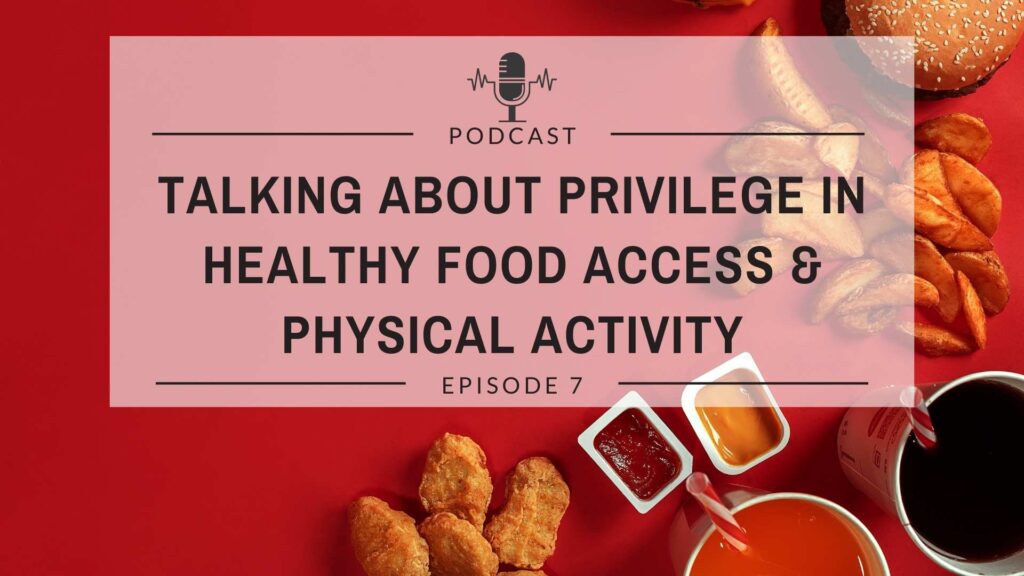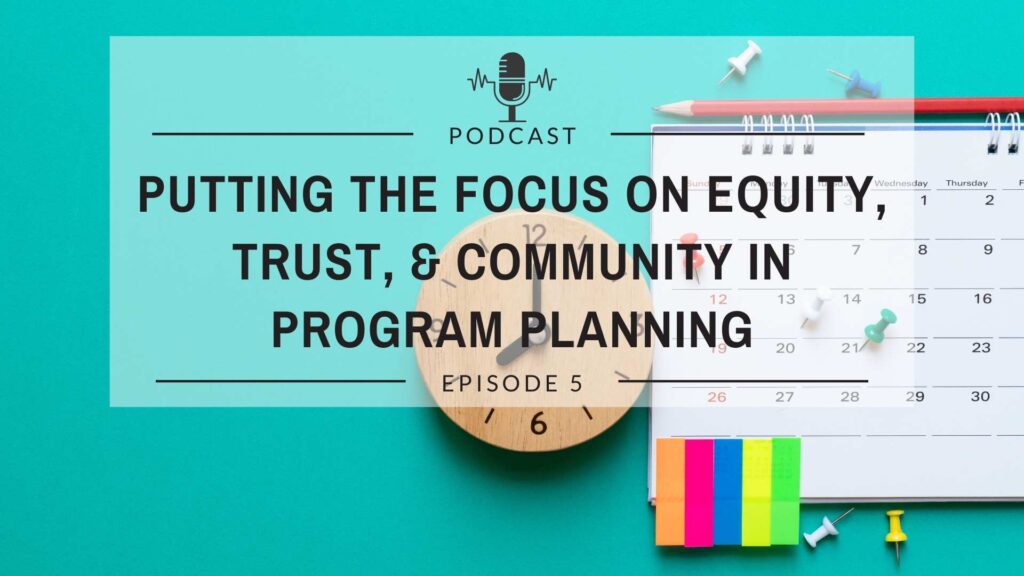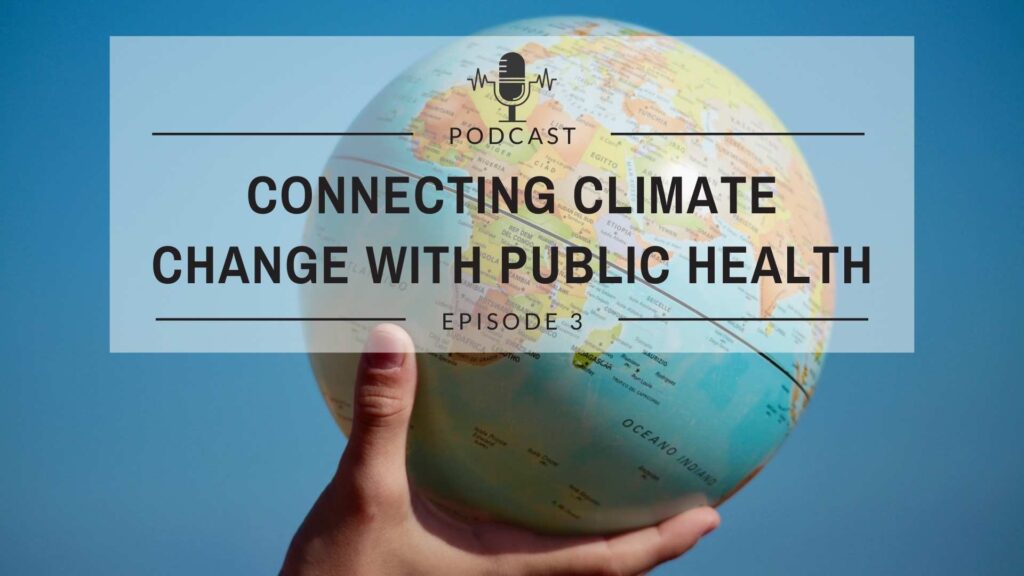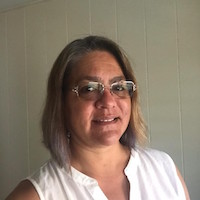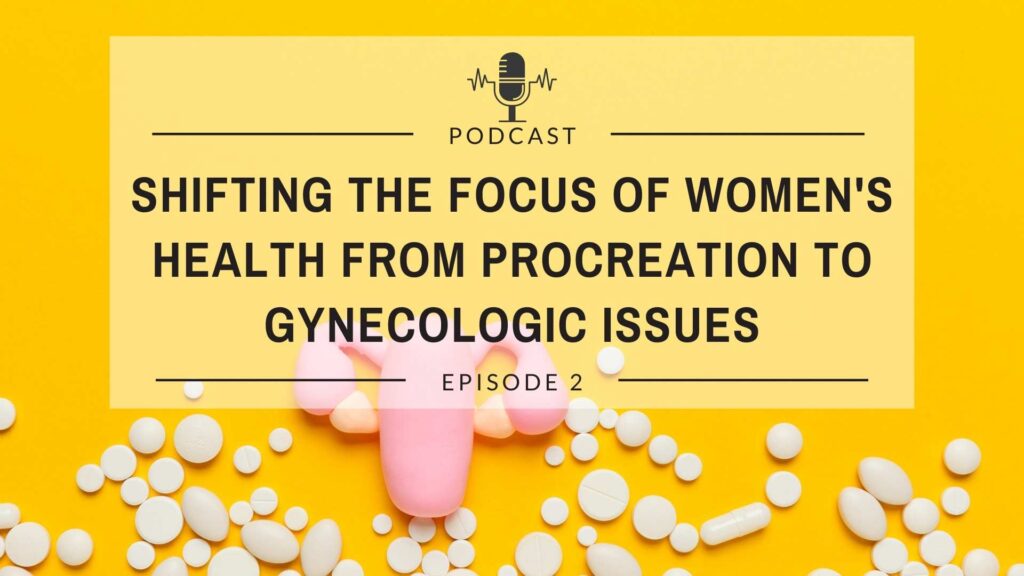Douglas Taren, PhD, MS, focuses primarily on maternal and child nutrition with a special emphasis on decreasing health disparities within low income populations and countries. He is currently the director of the Western Region Public Health Training Center for HRSA Region 9.
Learning Objectives:
- Discuss the role of socioeconomic status in determining access to healthy food.
- Explain how built environment can impact physical activity levels in a community.
- Identify strategies to improve food access and physical activity at a policy or environmental level.
Continuing Education Information: 0.5 CECH for CHES
CHES Provider number: 99036
Date Released: 10-16-19

